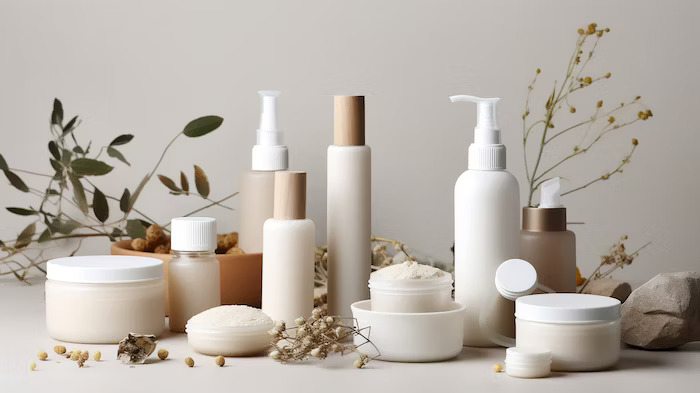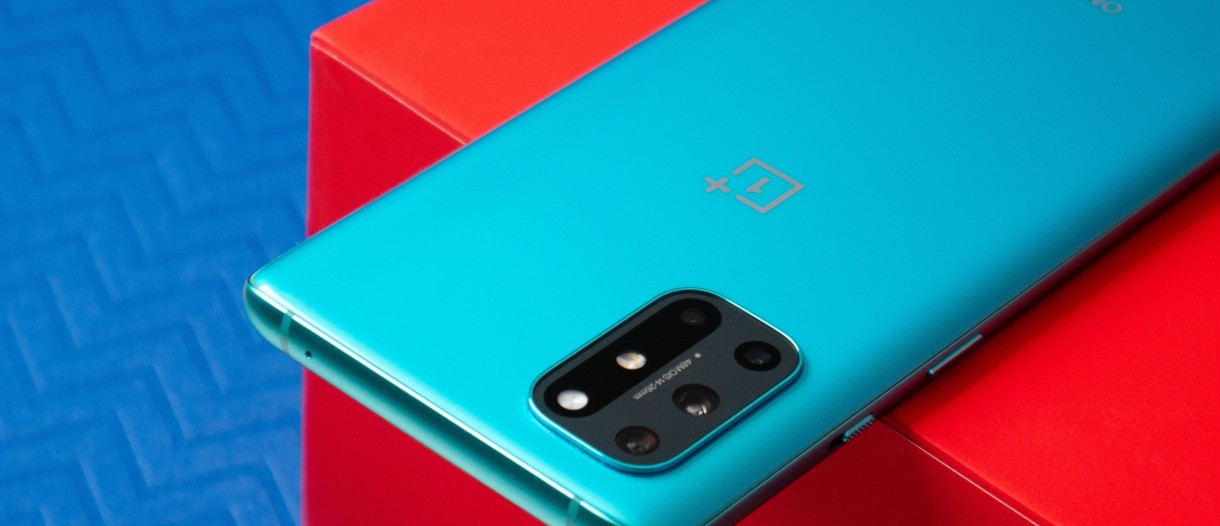
Unlocking the Secrets of Private Label Skincare: How to Establish Your Own Brand
Introduction
Are you ready to dive into the world of beauty and create your own line of skincare products? Look no further than custom private label skin care! This exciting and booming industry allows you to put your stamp on high-quality, customized formulations without having to start from scratch.
In this blog post, we will unlock the secrets behind establishing your very own private label skincare brand. From selecting the perfect ingredients for your products to designing eye-catching packaging, we’ll guide you through each step of the process. Get ready to unleash your creativity and embark on a journey that could lead to a thriving business in the ever-growing beauty market.
So grab a cup of tea (or maybe even a face mask), sit back, and let’s explore how you can make waves in the world of private label skincare. Let’s get started!
Benefits of Starting a Private Label Skincare Brand
Creating a private label skincare brand can offer numerous benefits for aspiring entrepreneurs in the beauty industry. One major advantage is the ability to establish a unique and personalized brand identity. With a private label, you have the freedom to choose your own product formulas, packaging designs, and branding strategies.
Another benefit of starting a private label skincare brand is the potential for higher profit margins. By cutting out the middleman and manufacturing products directly, you can reduce costs and increase your profit margin per unit sold.
Additionally, having your own skincare brand allows you to tap into the growing consumer demand for natural and organic products. You can select high-quality ingredients that align with this trend and cater to customers seeking clean beauty options.
Moreover, creating a private label brand gives you control over product quality. With careful ingredient selection and rigorous testing processes, you can ensure that your products meet high standards of efficacy and safety.
Steps to Establish Your Own Private Label Skincare Brand
Launching your own private label skincare brand can be an exciting and rewarding venture. With the growing demand for natural and personalized skincare products, now is the perfect time to establish your own brand in this lucrative industry. Here are some steps to help you get started:
1. Research and define your target market: Before diving into product development, it’s essential to understand who your ideal customers are. Conduct thorough market research to identify their needs, preferences, and pain points.
2. Choose reliable suppliers: Finding reputable suppliers for high-quality ingredients is crucial for creating effective skincare products. Look for suppliers with a track record of delivering consistent quality and meeting regulatory requirements.
3. Develop unique formulations: Differentiate yourself from competitors by developing innovative formulas that address specific skin concerns or offer unique benefits. Consider partnering with dermatologists or cosmetic chemists to create scientifically-backed formulations.
4. Design visually appealing packaging: Invest in eye-catching packaging that reflects the quality and identity of your brand. A well-designed label can attract attention on store shelves or online platforms.
5. Establish a strong online presence: Create a website showcasing your brand story, product range, and educational content about skincare topics relevant to your target audience. Leverage social media platforms to engage with potential customers and build relationships.
Choosing Products and Ingredients for Your Brand
When it comes to establishing your own private label skincare brand, one of the most important steps is choosing the right products and ingredients. This is what will set your brand apart from others in the market and determine its success.
You need to research the latest trends in skincare. Stay updated with industry news, consumer preferences, and emerging ingredients. Look for unique selling points that can make your products stand out.
Next, consider your target audience. Who are they? What are their specific skincare needs? Tailor your product selection accordingly. For example, if you’re targeting individuals with sensitive skin, opt for gentle formulations without harsh chemicals or fragrances.
Another crucial factor is quality control. Ensure that all ingredients used meet high standards and have been thoroughly tested for safety and efficacy. Partnering with reputable suppliers who provide transparent information about their sourcing practices can help ensure this.
Designing and Packaging Your Products
Designing and packaging your products is a crucial step in establishing your own private label skincare brand. The way your products look can greatly impact how they are perceived by consumers and whether or not they choose to purchase them. Here are some key considerations when it comes to designing and packaging your products.
First, think about the overall aesthetic you want to convey with your brand. Consider factors such as color scheme, typography, and imagery that align with the values of your brand. This will help create a cohesive visual identity for your products.
Next, pay attention to the practical aspects of packaging. Choose materials that are durable and protect the integrity of your skincare formulations. Additionally, consider functionality – make sure that opening and closing the packaging is easy for customers.
Investing in high-quality labels or printing directly onto the bottles can add a professional touch to your product packaging. Clear labeling of ingredients and usage instructions will also provide transparency to customers who prioritize knowing what they put on their skin.
Marketing and Selling Your Brand
Once you have established your private label skincare brand, the next step is to effectively market and sell it. Marketing plays a crucial role in creating awareness and generating interest among potential customers. Here are some key strategies to consider:
1. Define your target audience: Before diving into marketing efforts, it’s important to clearly identify who your ideal customers are. Understand their needs, preferences, and pain points so that you can tailor your messaging accordingly.
2. Develop a strong brand identity: Your brand should have a unique personality that sets it apart from competitors. Create a compelling story behind your products and communicate this through consistent branding elements such as logos, color schemes, and packaging.
3. Leverage social media: Social media platforms offer immense opportunities for reaching out to potential customers. Identify which platforms resonate most with your target audience and create engaging content that showcases the benefits of your products.
4. Collaborate with influencers: Partnering with influencers who align with your brand values can significantly boost visibility and credibility. Choose influencers whose followers match your target demographic for maximum impact.
5. Provide exceptional customer service: Word-of-mouth referrals can be powerful for growing sales organically. Make sure you go above and beyond in providing excellent customer service to leave a positive impression on every interaction.
Challenges and Tips for Success
Building a private label skincare brand comes with its fair share of challenges. From sourcing high-quality ingredients to competing in a saturated market, there are obstacles that require careful navigation. However, armed with the right strategies and mindset, you can overcome these challenges and pave your path to success.
One of the main challenges is establishing credibility in a crowded industry. Consumers have countless options when it comes to skincare products, so gaining their trust can be daunting. To tackle this challenge, focus on transparency and quality. Provide detailed information about your ingredients and manufacturing process to build trust with customers.
Conclusion
Establishing your own Best Private Label Skin Care brand can be an exciting and rewarding journey. By harnessing the power of private labeling, you have the opportunity to create a unique brand that reflects your vision and caters to the specific needs of your target market.
Throughout this article, we have explored the benefits of starting a private label skincare brand, as well as the steps involved in establishing one. From choosing products and ingredients to designing packaging and implementing marketing strategies, each aspect requires careful consideration and attention.
While there may be challenges along the way, such as finding reliable suppliers or navigating through competitive markets, staying focused on your goals and maintaining quality will set you apart from others in the industry. Remember to keep up with industry trends, listen to customer feedback, and adapt accordingly.







![[pii_pn_db8b3567be830b8c] Error Code](https://esolutionhow.com/wp-content/uploads/2023/04/Pii-Errors-pii_email_-4-350x230.png)
![[pii_pn_bb456fe8f133f213] Error Code](https://esolutionhow.com/wp-content/uploads/2022/12/Outlook-Error-Code-pii_email_1a85c09ee7a236c446b6-How-To-Fix-it-350x230.jpg)
![[pii_pn_8a68e8c174733080624b] Fix Outlook Error Code](https://esolutionhow.com/wp-content/uploads/2023/04/Pii-Errors-pii_email_-7-350x230.png)